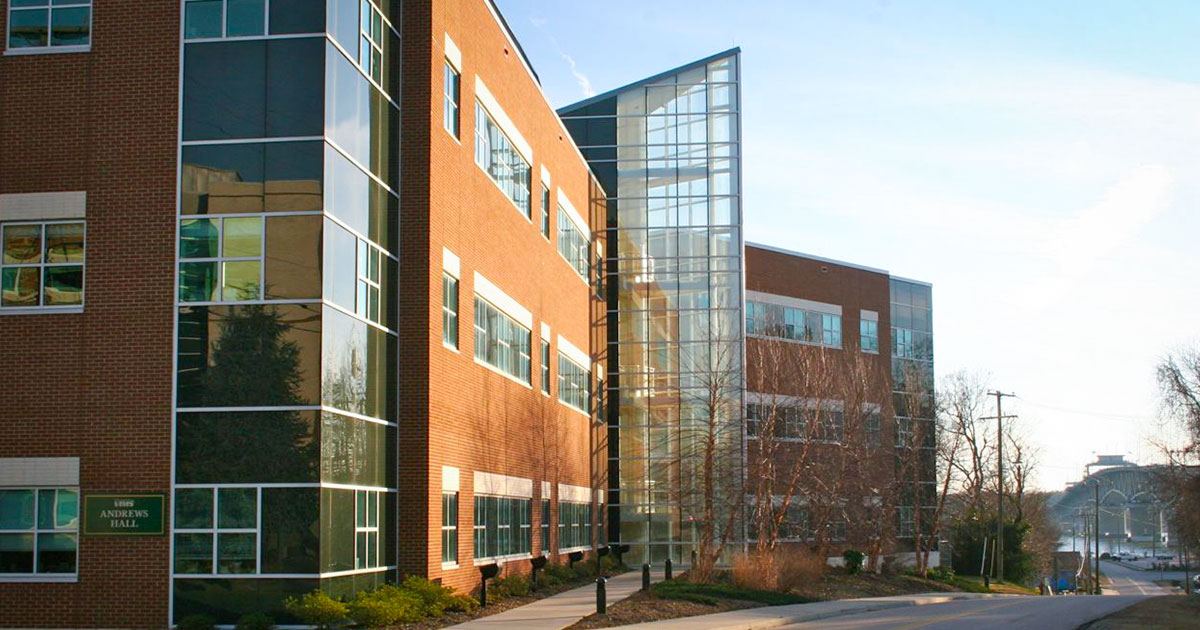2018 After Hours Lectures
Living Shorelines
(January 25, 2018) Do you spend time on our beaches? Live on the water? Living shorelines use strategic placement of plants, stone, and sand to reduce erosion and create habitats for birds and marine life. Join us as Karen Duhring with CCRM at VIMS describes different types of living shorelines that may be an option for the places you live and play. View archived video here.
Romance Under the Waves
(February 22, 2018) In the spirit of Valentine's Day, Dr. Jeff Shields will enlighten us on the variety of ways marine animals reproduce. The passing on of genes is an all-consuming task in the animal world, and marine animals have fascinating ways to ensure their genetic legacy. How do stationary organisms like the barnacle mate? How do crabs find each other in the vast and dark deep sea? Find out the answers to these questions and more during this engaging and humorous talk. Sorry, no archived video available.
Oyster Breeding
(March 29, 2018) Oysters are an iconic Bay favorite and are economically important to Virginia. Join us as Dr. Stan Allen, Director of the Aquaculture Genetics and Breeding Technology Center (ABC) at VIMS, shares how the Center is helping oyster growers produce the perfect dinner-table oyster. View archived video here.
It's a Keeper
(April 26, 2018) Ever wonder how the size and catch limits are determined for the fishes you love to catch? Dr. Patrick Lynch, National Stock Assessment Program Leader with NOAA Fisheries and a VIMS alumnus, will provide insight into how scientific information is used to inform management decisions at the federal level. View archived video here.
Fake News or Real Science?
(June 28, 2018) “Fake news” has become a complicating factor in today’s society and is of particular concern to the scientific community. It has the ability to communicate false information, undermine the scientific process, and create distrust of scientists within the general public. Join us as a panel of VIMS scientists and media professionals discuss how fake news affects science and how to distinguish it from scientifically sound news stories. View archived video here. Access "Fake news" site created for the lecture here.
Deep Sea Discoveries
(July 25, 2018) The deep sea is a mysterious and intriguing place. Join us as Dr. Mike Vecchione, an expert on deep-sea squids and octopods, shares information on the rare creatures he has encountered during his explorations of the ocean depths. Dr. Vecchione is a Zoologist with the National Marine Fisheries Service, Curator of Cephalopods at the Smithsonian's National Museum of Natural History and an adjunct faculty member at VIMS. View archived video here.
Seagrasses and Bay Scallops
(August 30, 2018) Underwater grasses are an important part of Virginia’s coastal bay ecosystem as they improve water quality, store carbon, and provide critical habitat for juvenile blue crabs, striped bass, bay scallops, and other aquatic species. In the 1930s, seagrasses, and the bay scallops that depended on them, completely disappeared from Virginia’s coastal bays. Join us as Dr. Robert Orth shares how seagrass restoration efforts led by VIMS scientists are paving the way for the restoration of bay scallops on the Eastern Shore of Virginia. View archived video here.
Ghost Forests, Zombie Shrimp, and Space Fish: Strange But True Tales Of The Salt Marsh
(October 25, 2018) Why do zombie crustaceans mindlessly wander the marsh? Why can’t a snail let go of its past? Join us as Dr. David Johnson of VIMS answers these questions and shares stories of the strange animals wonderfully adapted to life in a salt marsh. View archived video here.



